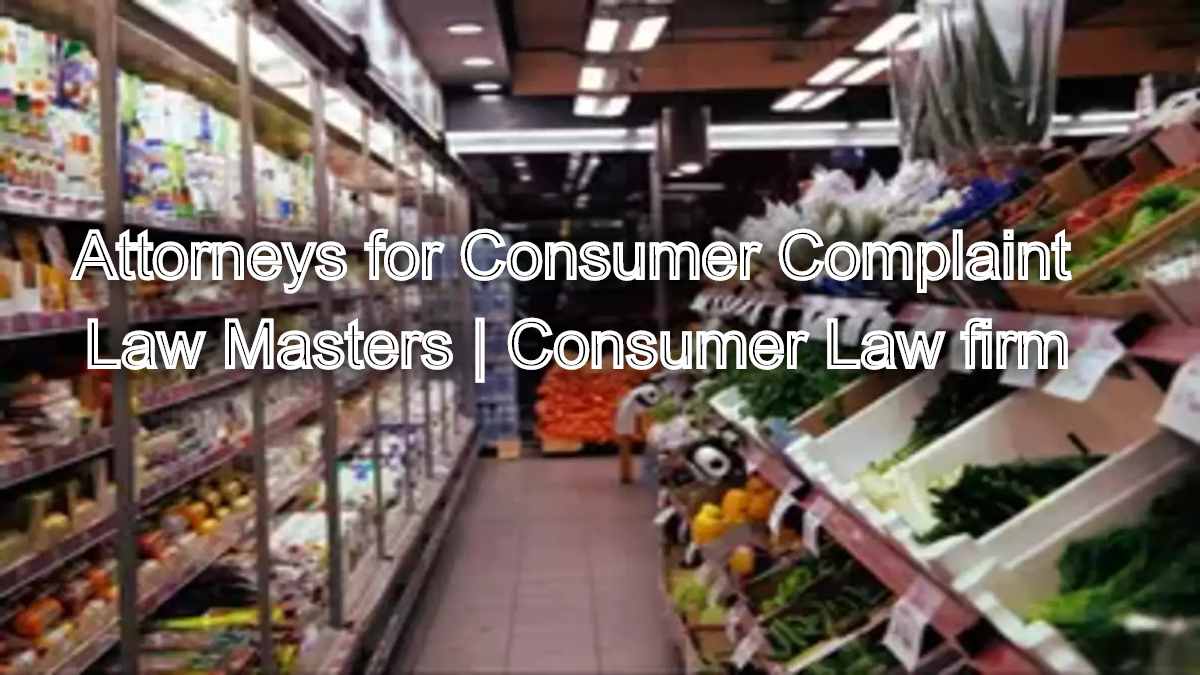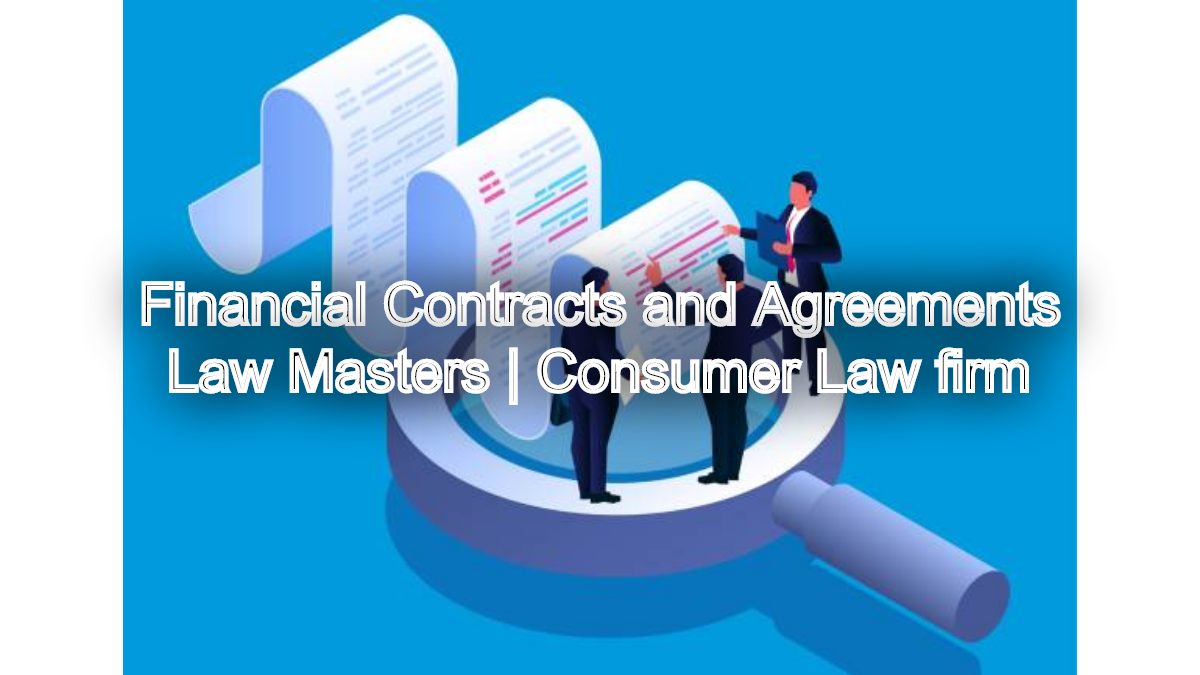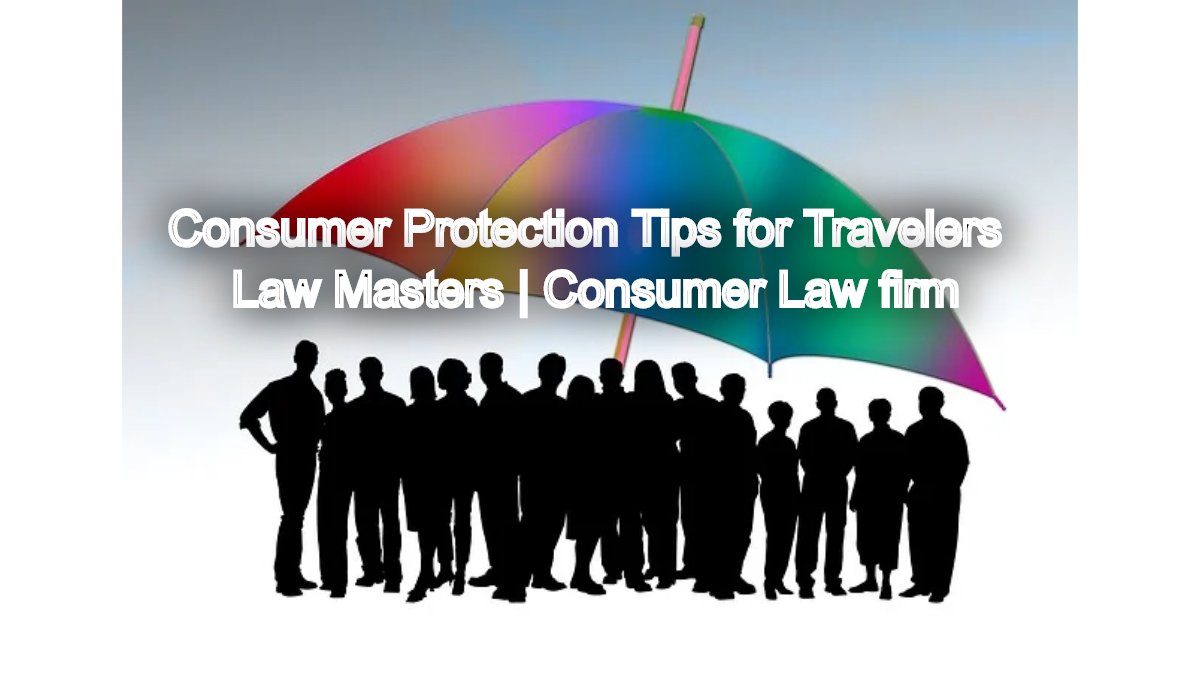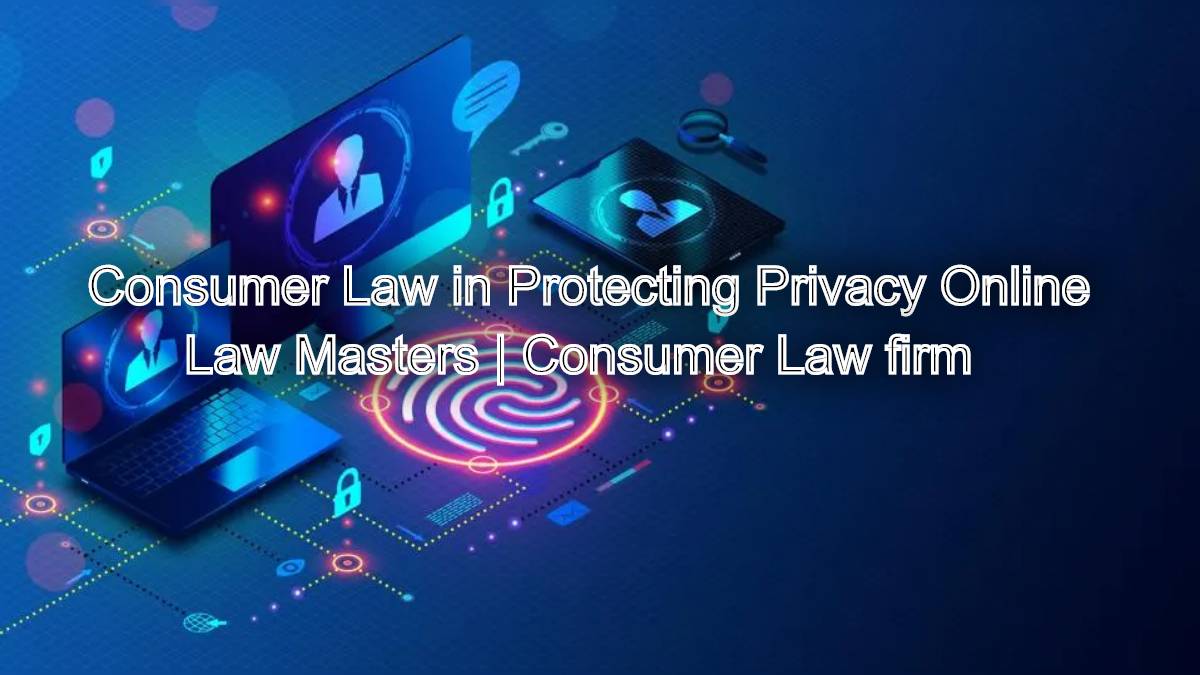Demand Justice: In today’s consumer-driven world, purchasing products is a regular occurrence. However, what happens when a product you’ve purchased turns out to be faulty or defective? Consequently, you might feel frustrated, cheated, and unsure of your rights. In this scenario, Law Masters, a dedicated consumer law firm with the best consumer lawyers available 24/7, stands ready to help you demand justice for faulty products.
Demand Justice: Attorneys for Consumer Complaints About Faulty Products with Law Masters
Understanding Consumer Rights and the Need for Legal Assistance
Firstly, it’s essential to understand that consumers have rights protected by law. Specifically, these rights ensure that products meet certain standards of quality and safety. For example, under consumer protection laws, manufacturers and sellers are responsible for providing products that are free from defects and fit for their intended purpose. Furthermore, if a product fails to meet these standards, consumers have the right to seek redress. Indeed, this is where legal assistance becomes crucial.
Moreover, navigating the complexities of consumer law can be challenging. Thus, having experienced attorneys by your side can make a significant difference. Specifically, Law Masters provides expert guidance and representation, ensuring that your rights are protected and your complaints are effectively addressed.
Services Offered by Law Masters: Advocating for Your Rights
In the realm of consumer complaints related to faulty products, Law Masters offers a comprehensive suite of legal services. Specifically, they handle:
- Product Liability Claims: Firstly, the firm assists clients in filing product liability claims against manufacturers, distributors, or retailers. For instance, they gather evidence to prove that the product was defective and caused harm. Additionally, they help clients understand the concept of strict liability, where manufacturers can be held liable regardless of negligence.
- Breach of Warranty Claims: Secondly, if a product fails to meet the terms of its warranty, Law Masters helps clients file breach of warranty claims. Therefore, they analyze warranty agreements and ensure that clients receive the remedies they are entitled to. Moreover, they handle both express warranties and implied warranties.
- Consumer Protection Act Cases: Thirdly, under the Consumer Protection Act, consumers have the right to file complaints against unfair trade practices and defective products. Thus, Law Masters represents clients before consumer forums and commissions, ensuring that their complaints are heard and addressed. In fact, they are experienced in handling cases involving deficiency of service alongside product defects.
- Class Action Lawsuits: Furthermore, when multiple consumers are affected by the same faulty product, Law Masters can initiate class action lawsuits. In this regard, they represent a group of consumers, pooling their resources and strengthening their case against the manufacturer. For example, this can be useful in cases of widespread product recalls or safety hazards.
- Negotiation and Settlement: Also, Law Masters excels in negotiating settlements with manufacturers and sellers. Hence, they strive to resolve disputes efficiently and obtain fair compensation for their clients. Similarly, they use alternative dispute resolution methods to avoid lengthy court battles.
- Recall and Safety Issues: Additionally, they assist clients in addressing product recalls and safety issues. Therefore, they help clients understand their rights in case of a product recall and ensure that they receive appropriate compensation. Indeed, they can also assist with reporting unsafe products to regulatory agencies.
Key Legal Terms and Concepts in Practice
Indeed, understanding the legal terms associated with consumer complaints is essential. For example, negligence is a key concept in product liability cases. Similarly, damages refer to the compensation sought for losses incurred. Furthermore, understanding the difference between compensatory damages and punitive damages is crucial.
Moreover, understanding the nuances of contract law, tort law, and consumer protection law is crucial. In fact, Law Masters possesses a deep understanding of these legal areas, enabling them to provide effective representation. Therefore, they can navigate complex legal procedures and advocate for their clients’ best interests.
The Importance of Documenting Your Complaint
Undoubtedly, documenting your complaint is crucial for building a strong case. Specifically, keeping records of purchase receipts, warranty documents, and communication with the seller is essential. In other words, detailed records can serve as evidence in legal proceedings. Consequently, Law Masters advises clients on how to properly document their complaints and gather relevant evidence.
Furthermore, documenting the harm caused by the faulty product is equally important. For instance, medical records, repair bills, and photographs can help demonstrate the extent of your losses. Likewise, maintaining a log of any communication with the manufacturer or seller can be valuable.
Building Trust and Providing Round-the-Clock Support
Additionally, dealing with a faulty product can be a stressful experience. In this regard, Law Masters understands the frustration and inconvenience faced by consumers. Therefore, they provide round-the-clock support, ensuring that clients can access legal assistance whenever they need it. Indeed, they strive to build trust and provide personalized attention to each client.
Frequently Asked Questions
Answer: They handle product liability claims, breach of warranty claims, Consumer Protection Act cases, class action lawsuits, and address recall and safety issues.
Answer: They gather evidence to prove the product was defective and caused harm, and they assist clients in understanding and applying strict liability principles.
Answer: Law Masters analyzes warranty agreements, helps file breach of warranty claims, and ensures clients receive entitled remedies for both express and implied warranties.
Answer: They represent clients before consumer forums and commissions, ensuring complaints about unfair trade practices and defective products are heard and addressed, including cases of deficiency of service.
Answer: Yes, when multiple consumers are affected, they initiate class action lawsuits, pooling resources to strengthen the case against manufacturers and representing the group effectively.
Conclusion: Securing Your Consumer Rights with Law Masters
In conclusion, consumer complaints about faulty products require expert legal assistance. However, navigating the complexities of consumer law can be overwhelming. Ultimately, Law Masters, with their team of the best consumer lawyers available 24/7, offers the expertise, experience, and dedication necessary to assist consumers in demanding justice. Thus, if you are facing issues with a faulty product, seeking the assistance of Law Masters is a wise and prudent decision. Therefore, by providing thorough and reliable legal representation, Law Masters empowers clients to secure their consumer rights and obtain fair compensation.
Read More
- Consumer Law and Small Claims Court: When and How to Pursue Legal Action
- Common Consumer Complaints Resolution Guide: How to Seek Legal Counsel?
- What are the responsibilities of businesses under consumer Law?
- Navigating Product Recalls: What to Do When a Product Is Defective?
- Defective Products and Product Liability: Holding Manufacturers Accountable
- Department of Consumer Affairs (DOCA):











